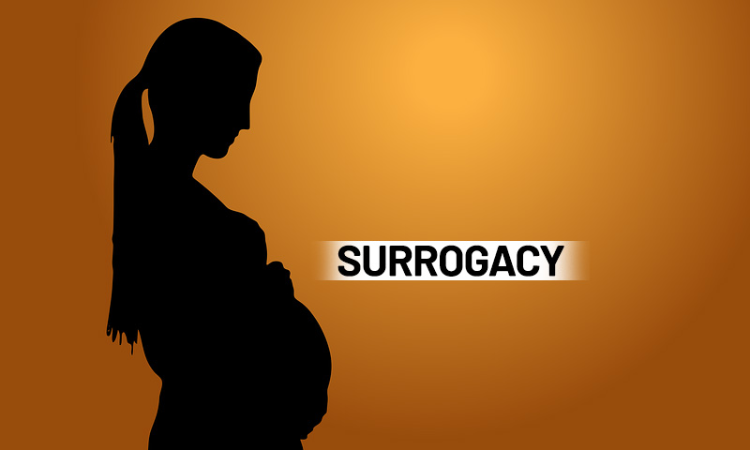Plea In Delhi High Court Challenges Notification Barring Use Of Donor Gametes In Surrogacy, Notice Issued
Nupur Thapliyal
9 May 2023 1:04 PM IST

Next Story
9 May 2023 1:04 PM IST
A petition has been moved in the Delhi High Court challenging a recent notification issued by Union Ministry of Health and Family Welfare which bars the use of donor gametes for an intending couple wanting to undergo surrogacy.The notification issued on March 14 makes amendment to Form 2 under Rule 7 of the Surrogacy (Regulation) Rules, 2022. Form 2 is a consent form cum agreement of surrogacy...
